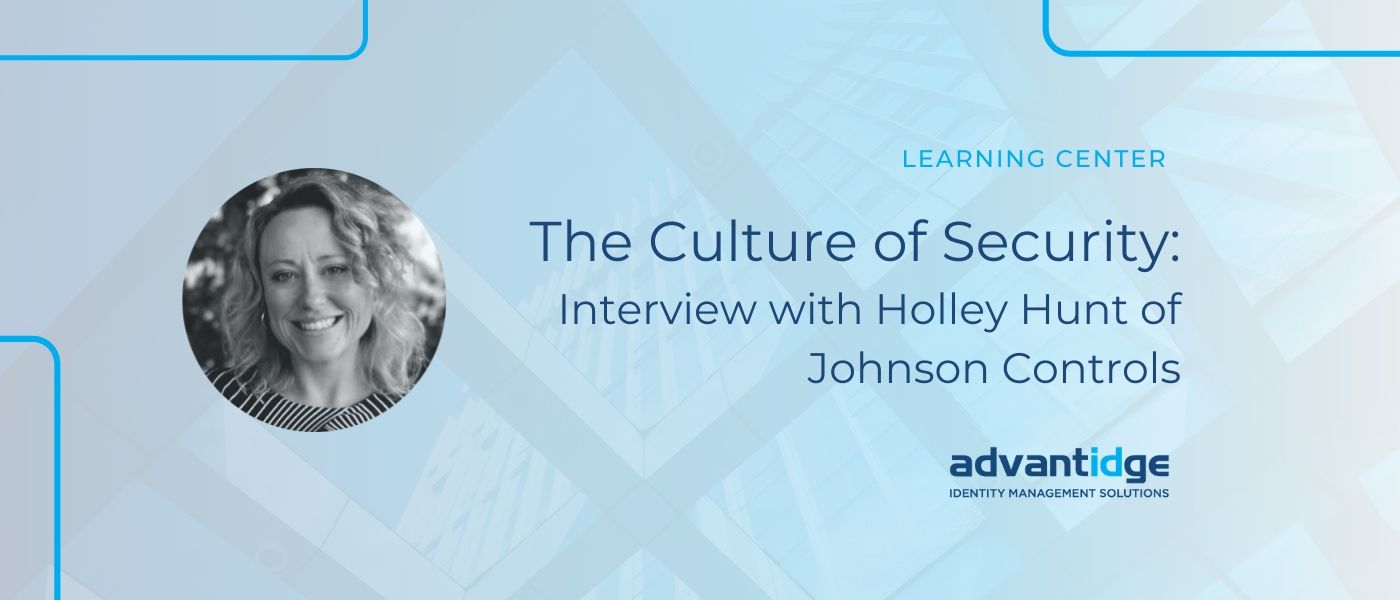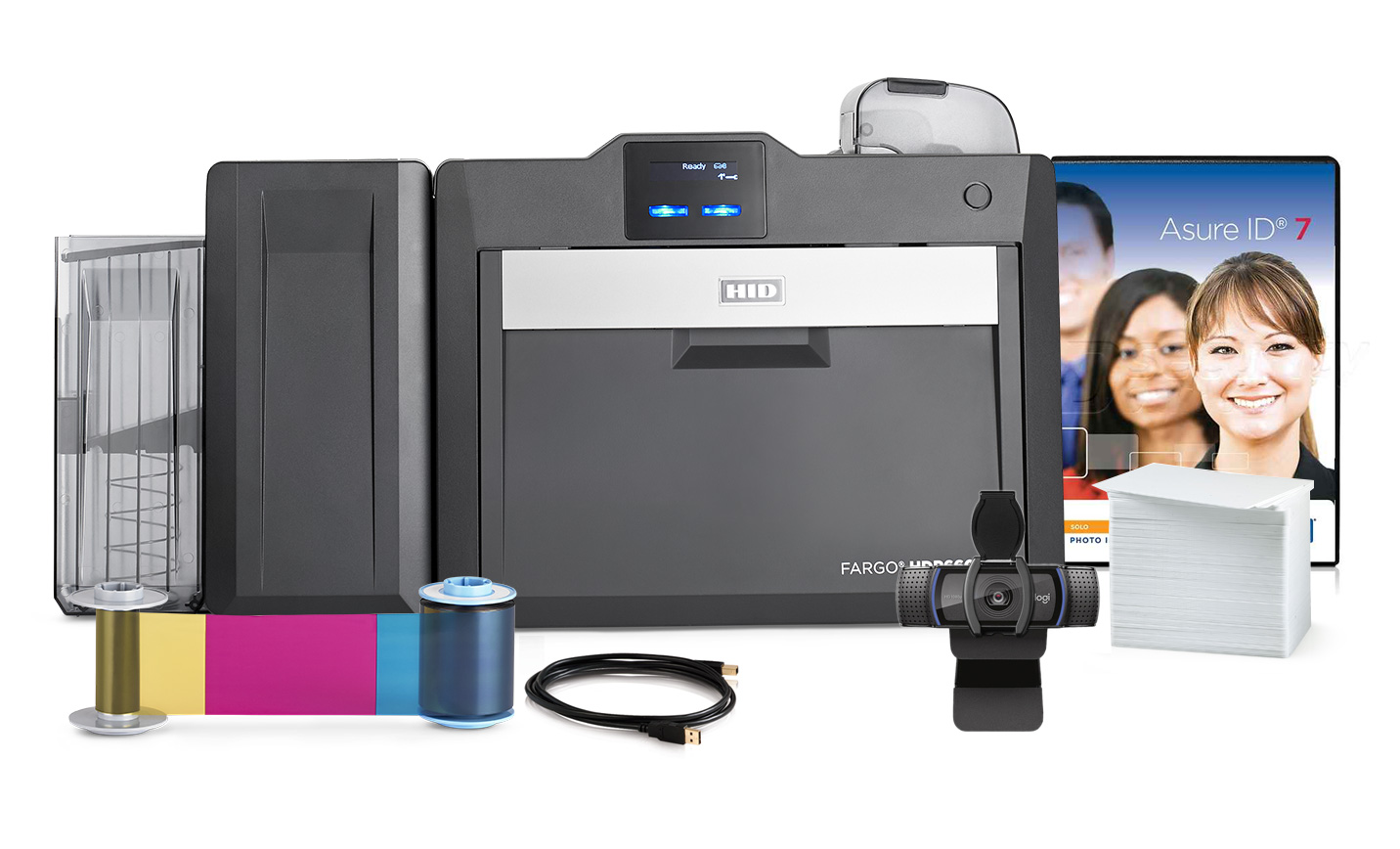
Last month we had the privilege of connecting with Holley Hunt, Director of Business Development at a Global Security Integrator. With more than a decade’s experience in leadership roles at top physical security firms, Hunt’s perspective is holistic, founded upon an authentic passion for securing our most valuable assets.
For Hunt, her most valuable assets are her two sons, one of whom is currently in the security industry himself. “My oldest son is in the industry. My youngest son believes wholeheartedly that I’m a spy,” resultant of the plethora of hi-tech security gadgets and contraptions she frequently brings home, Hunt explained.
Hunt exudes a refreshingly ardent outlook on the security industry, with an enthusiasm for building connections, signing off each email with “Happy Hunting.” She upholds that creating a secure environment begins with an organization’s culture and “security isn’t what we do, it’s how we think.”
Seeking to better understand Hunt’s viewpoint and passion, we take a deep dive into her insight on the culture of security as well as her esteemed tenure in the industry.
Q: What does culture in security mean to you, and why is it important?
A: Culture is a deep part of a team’s success, and in today’s security, you need a team to keep our spaces and places safe and efficient. Not one person alone can put together complex solutions solving problems produced by society. One evident “culture” problem is holding the door open for others. In a situationally aware environment, we would identify whether or not that person should be there.
Q: What is the biggest change that must occur to improve the culture of security?
A: I believe we need to change the culture of security to one of awareness. This is another reason why I love technology! The problem of deciding who belongs creates a whole new set of challenges. In the future, sensors and AI will detect environments while helping humans to be safe.
We should all be aware because the landscape is changing as processes and technology change to meet increasingly complex compliance regulations.
Q: You seem to know about everybody in the industry. Who was the most impactful person you met in the security sphere and why?
A: I have had the honor of wise mentors who have enabled my growth. As of recent, Cary Monbarren of Slack demonstrated the importance of creating value out of the programs around security. He explained that the value would be tenfold for companies to bring security teams into the enterprise conversation of customer acquisition. He developed a successful program highlighting security as an enterprise partner.
I agree with Cary’s vision, whereby in the future security operations center will be “data aggregators” for enterprise decisions. We will have analysts replacing guards.
Q: What do you think is the single most important way our thinking needs to change around security in order to make our world a safer place?
Stop calling it security and name it situational awareness; don’t call them guards—name them analysts—better role clarity for the future. We must elevate what we do if we want to recruit the future workforce.
Q: What do you think will be the greatest change our industry will see over the next 10 years?
A: It won’t be security—I think it will be a big part of the “employment” or “workplace experience”. I see a whole evolution of security really becoming a more experiential department within the organization.
We’re no longer going to be driven by a workforce that was centralized around guards, guns, and gates. The future will be centralized around people enabling technology for a frictionless future. In that frictionless future, we serve the whole enterprise, we won’t just serve safety use cases via security sensors any longer.
As organizations leverage all of those physical security sensors, like the eyes in cameras, heat detection, audio, movement detection or detection of different chemicals–all of these major sensors across the organization become the embodiment of data, and it’s through this data, security has absolute gold mine revealing how the enterprise functions.
Being able to aggregate that data and then put it into a narrative for how to create safer, more comfortable and more efficient places—that is the future.
Q: Any word to the wise for how organizations large and small should start preparing for these changes?
A: Benchmark and share best practices. One reason why I have connected with so many people in the industry is I drive benchmark peer networking groups – to find the best answers across a peer team that has shared the pitfalls of their transformation journey.
These peer-to-peer sessions are important to me because they demonstrate the future whereby we have to be able to collaborate effectively to keep people safer.
It’s really about scoping out a healthy ecosystem with the community so that you can answer all questions collectively and in a more agile way.
Q: What is your favorite thing about working in this industry?
A: It’s an amazing place to connect the dots to the future.
Q: How has being a part of Johnson Controls’ Women’s Network impacted your perspective on the Security Industry?
A: It has brought a depth of recruitment awareness, of the stats and numbers we need to achieve to be prepared for the future. Knowing this makes me an evangelist for creating a great work culture—I need amazing people to join the teams we are building to drive the mission of our clients.
Q: Do you think women have an important role to play in security? Why?
A: Yes—Diversity brings a lot of organic thinking and problem-solving. We are going to need it when the world ramps up for IoT and the 5G evolution.
____________


